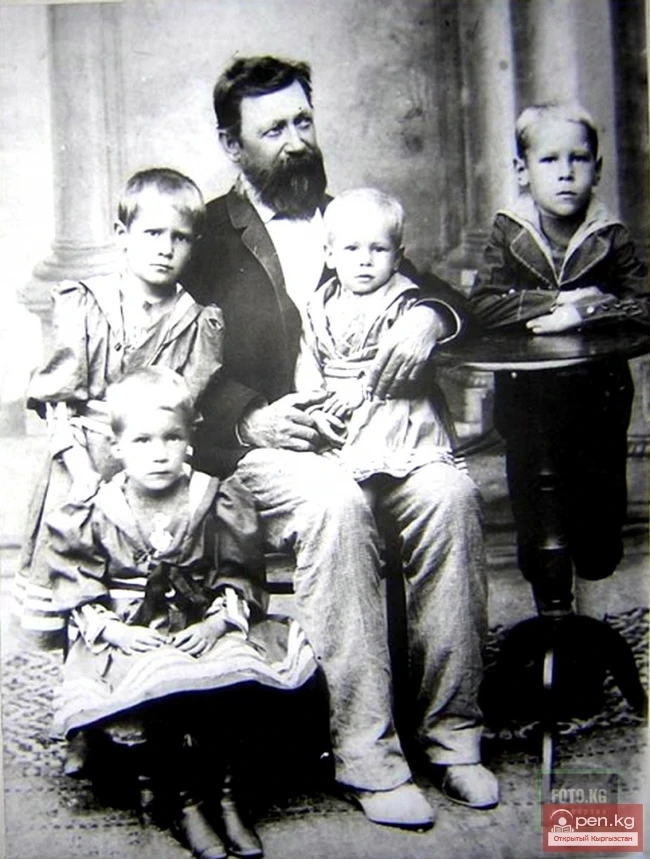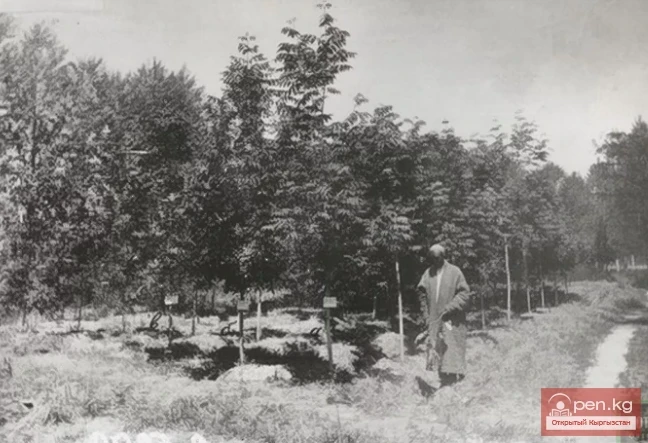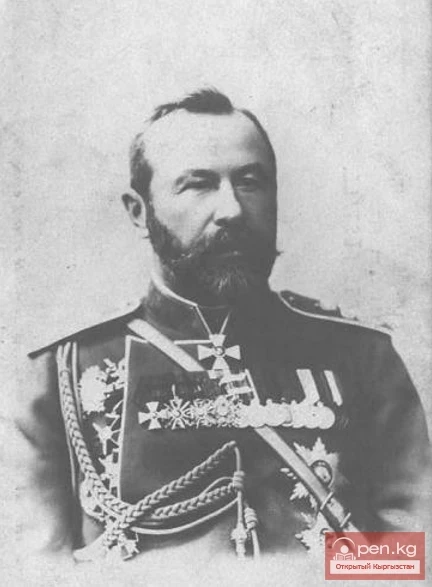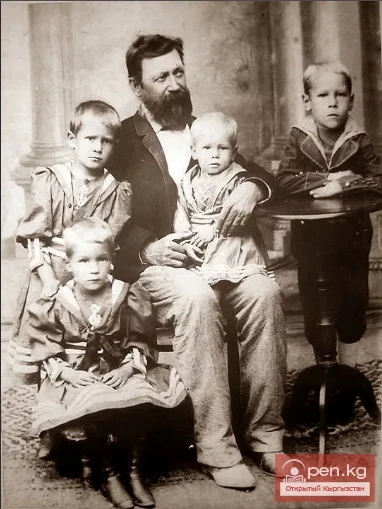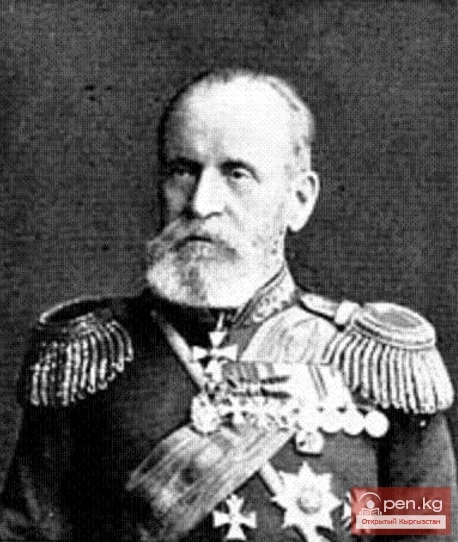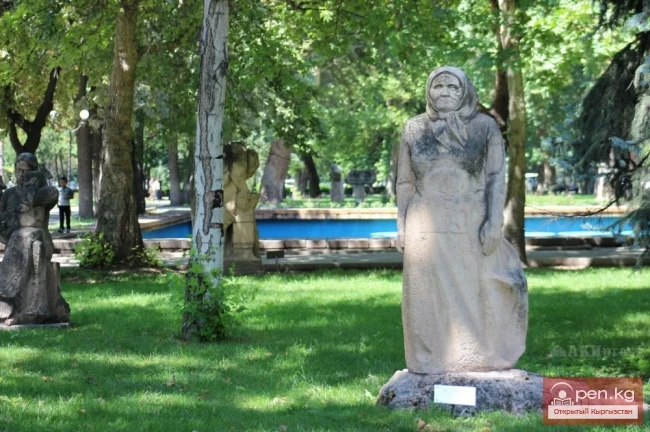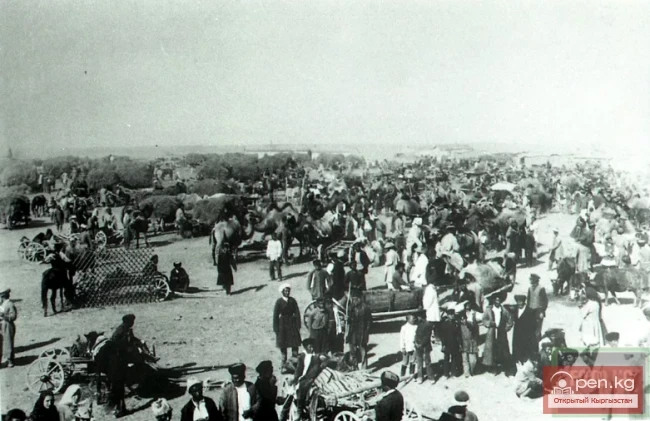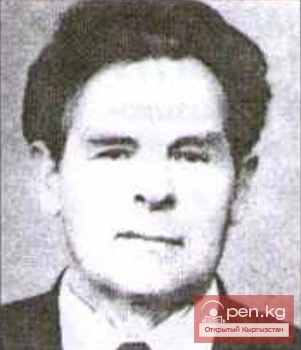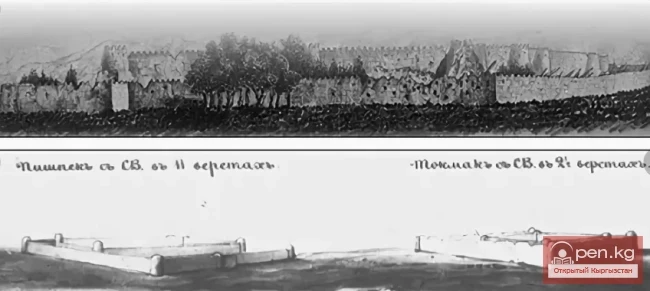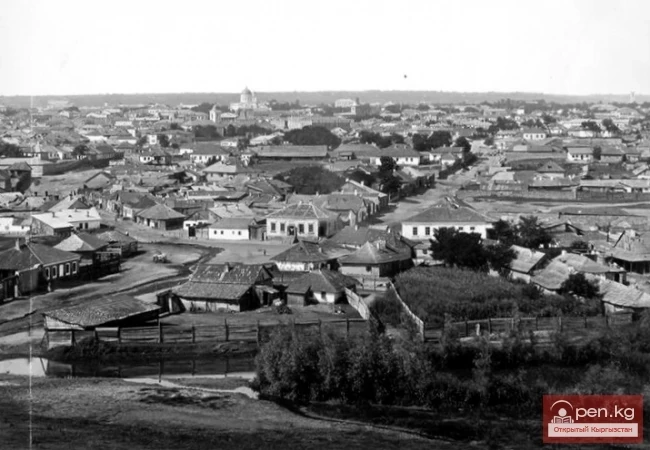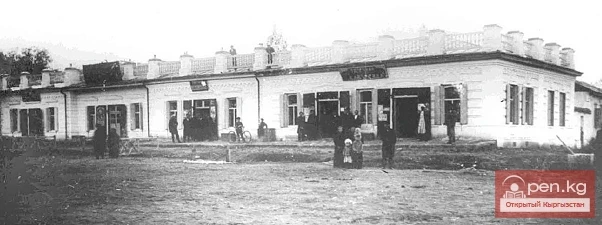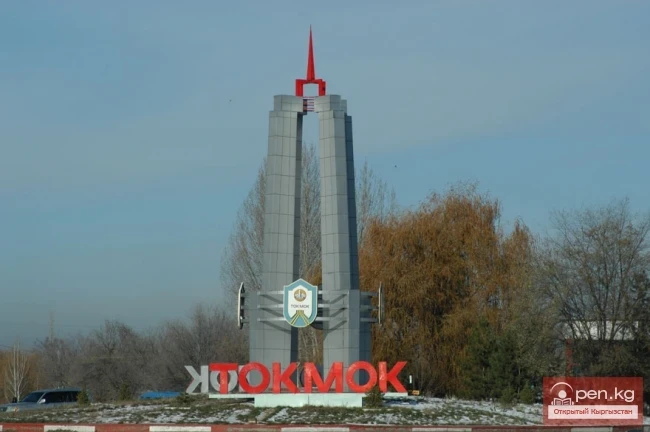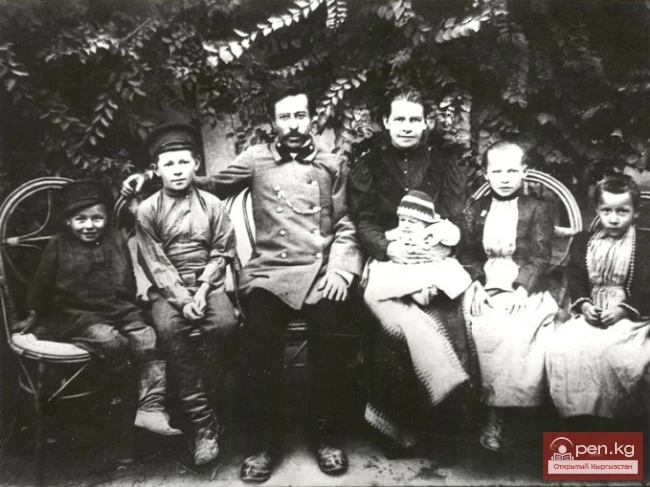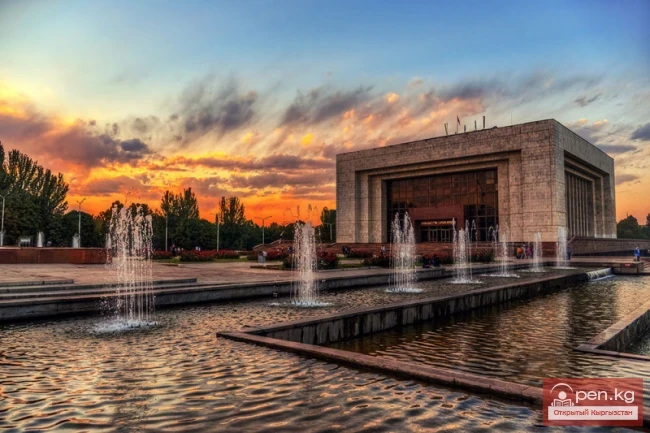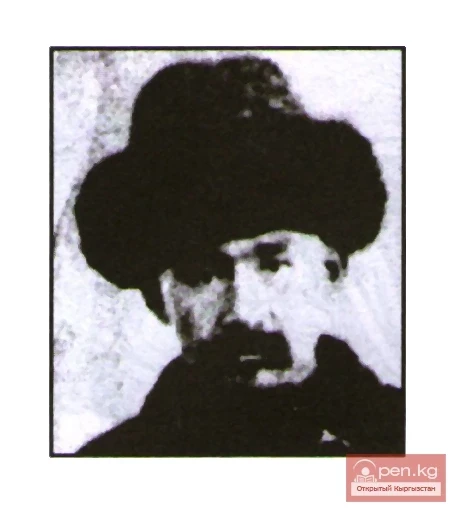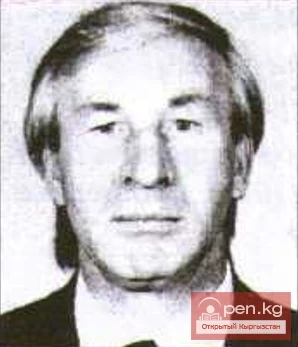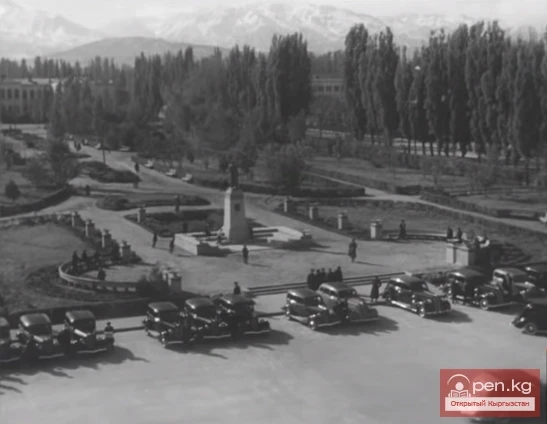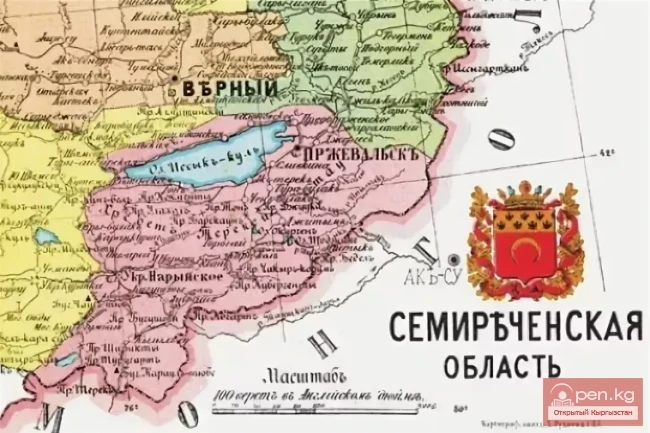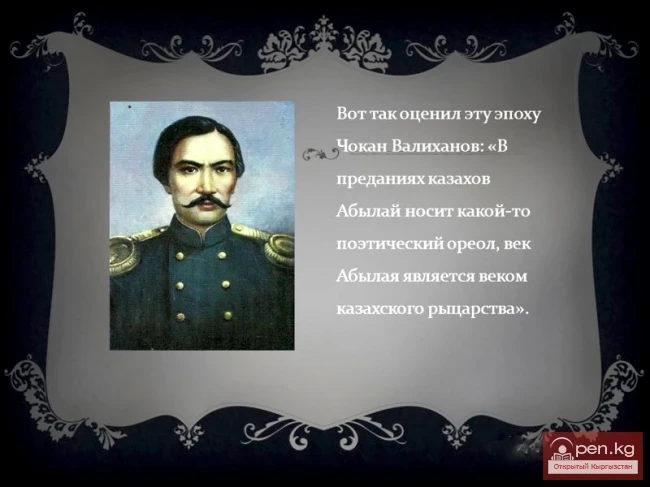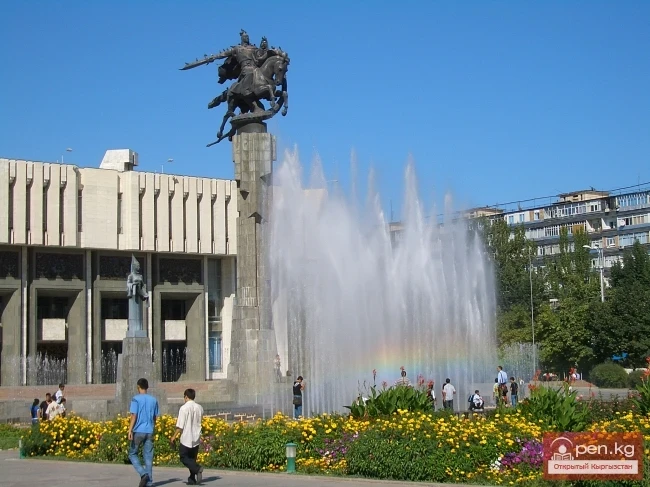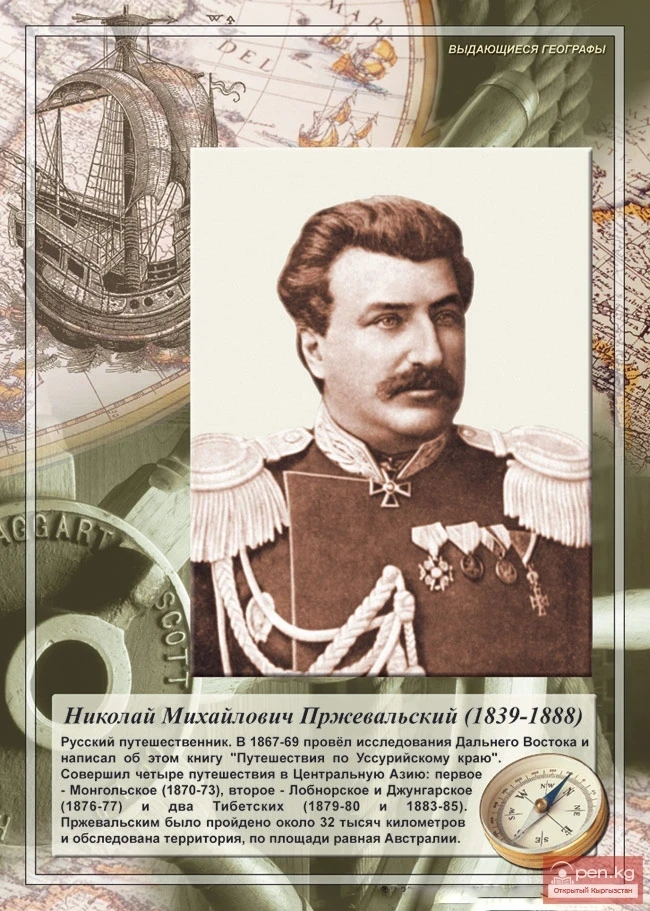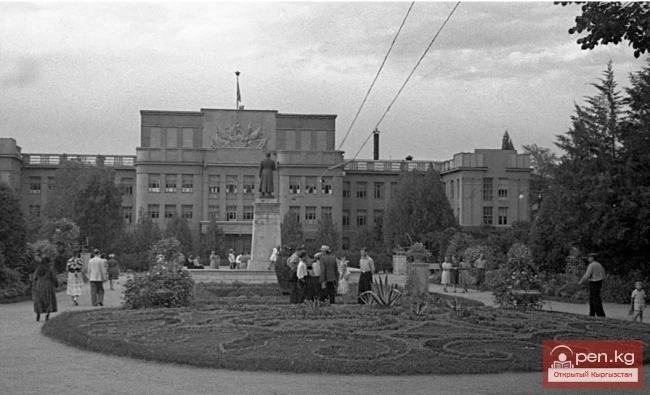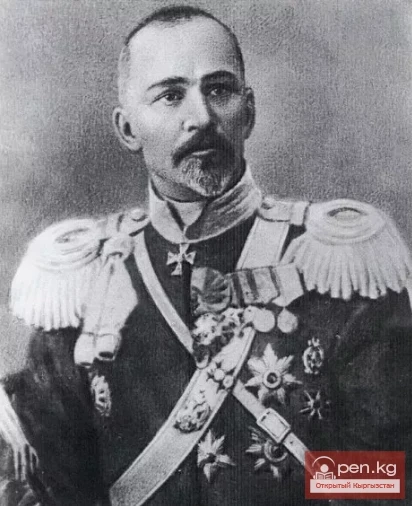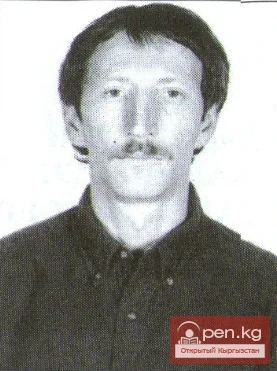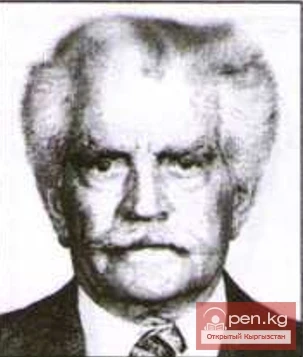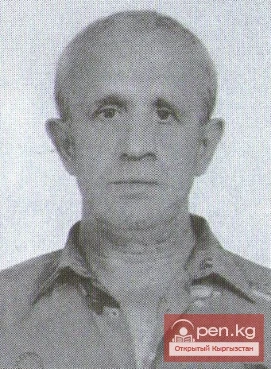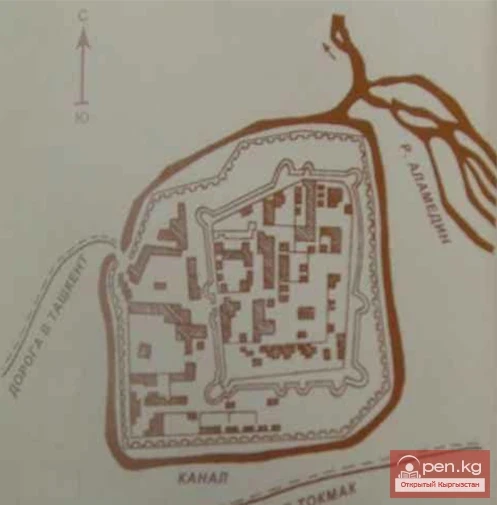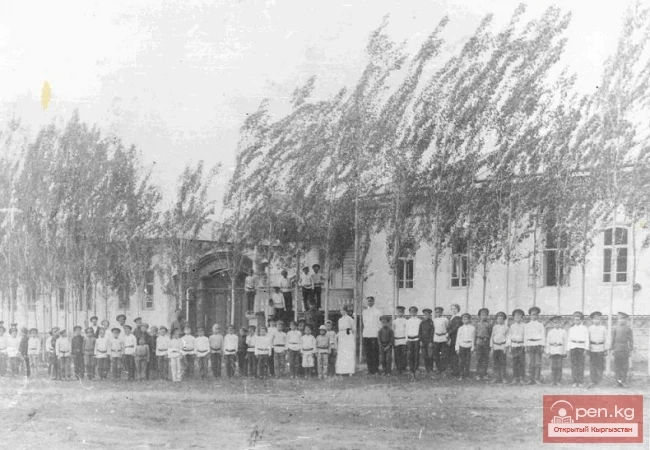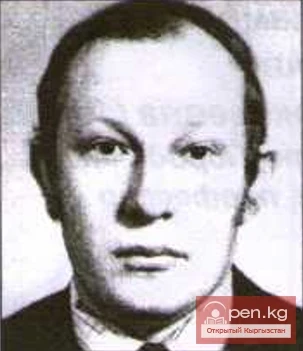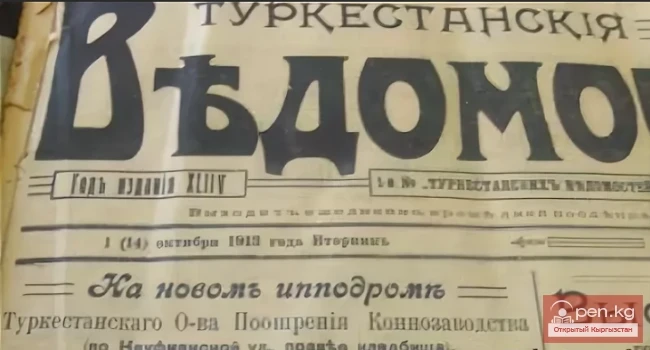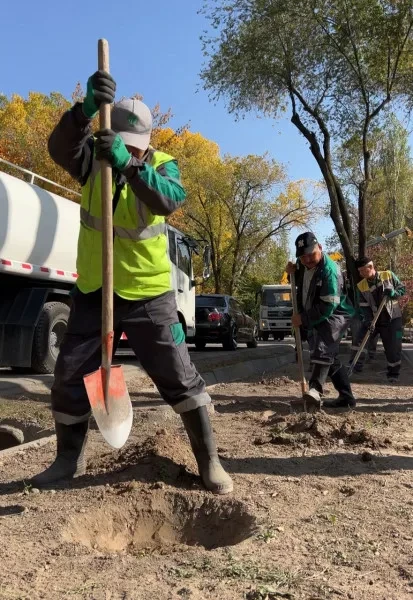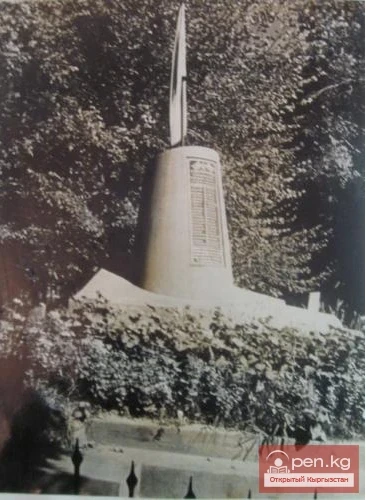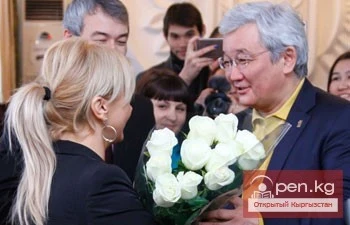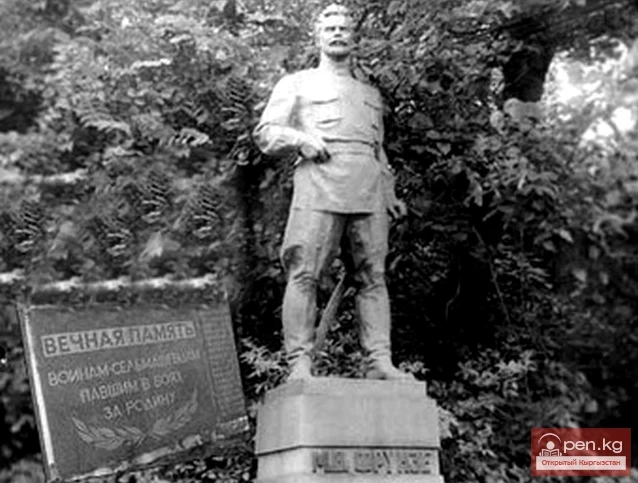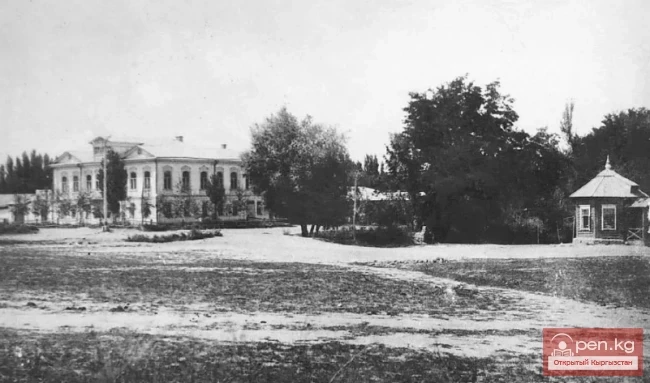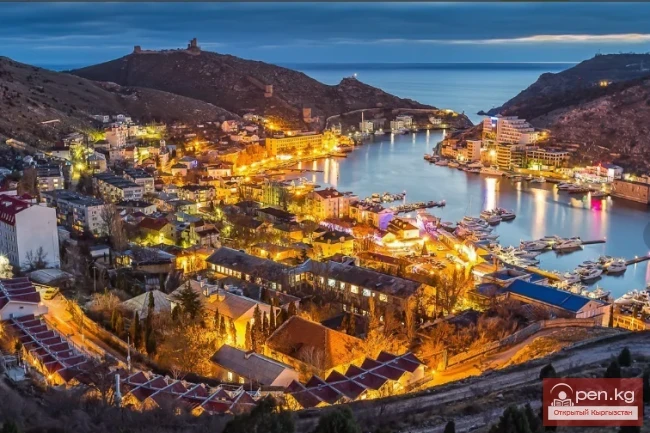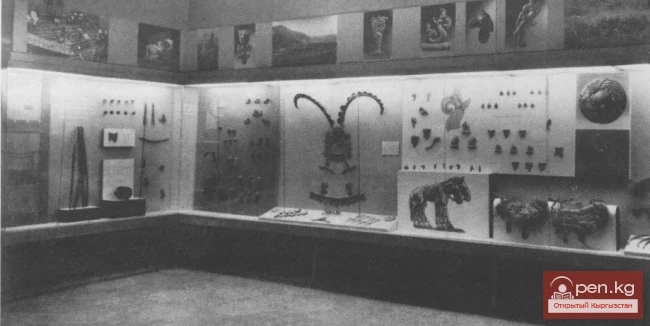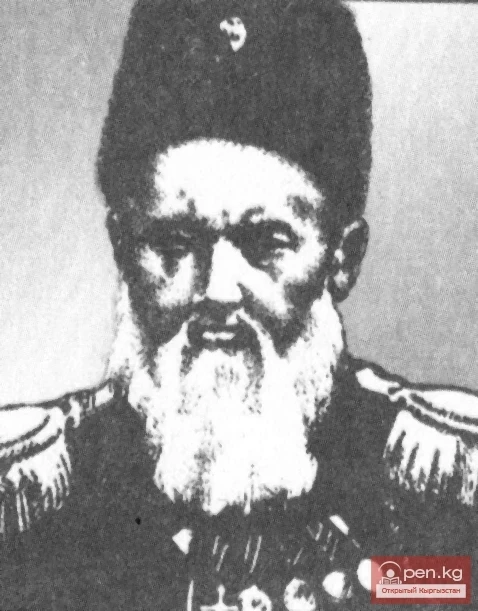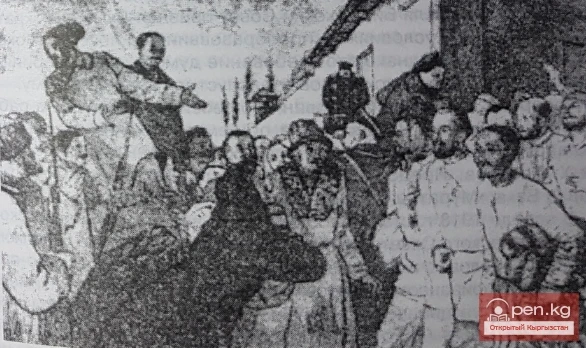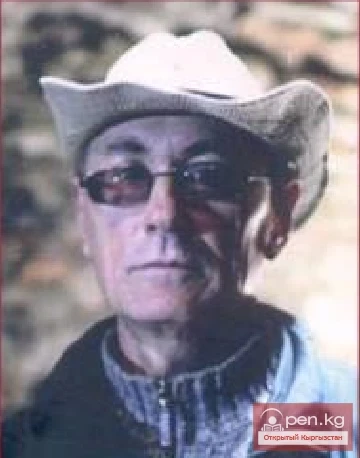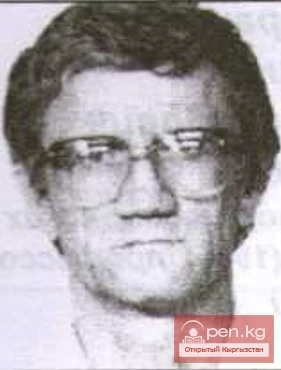About how a botanist outsmarted the officials
According to a well-known proverb, a real man must plant at least one tree in his lifetime. In the history of Kyrgyzstan, there was a unique individual who broke all records by planting 200,000 trees! And he did this, as they say, not thanks to, but in spite of - regardless of the arid climate, scant finances, and bureaucratic indifference. His name was Alexey Mikhailovich Fetisov. If it weren't for his efforts over a hundred years ago, who knows what Bishkek would be like today.
Botanist Alexey Fetisov arrived in Pishpek in 1878. He was originally from Crimea, specifically Sevastopol, where he graduated from a horticultural school. Today, Fetisov is remembered only as a gardener, but he was primarily a scientist - before his life in Pishpek, he traveled almost all over the Tien Shan and collected a unique botanical collection. He received job offers from the very Scientific Society of St. Petersburg (which at that time was a serious organization that did not extend invitations to just anyone), but Fetisov chose Turkestan - the nature of the region was too different from that of Russia, providing a vast field for study, and what else does a true scientist's soul need?!
So, Fetisov arrived in Pishpek and got to work: the new city in the middle of a semi-desert needed greening. You might say: oh, what's so clever about planting trees! But imagine Pishpek at the end of the 19th century, and you will immediately understand the scale of the task at hand.
In 1878, Pishpek had just received city status. The military governor of the Semirechye region, Lieutenant General Gerasim Kolpakovsky (the same one under whose command the Kokand fortress was taken in 1862 at the site of future Pishpek) approved the "Plan for the Projected Layout of the Newly Proposed City," or, in simple terms, the scheme for dividing the city blocks and squares. The plan proposed to create "market, guest, and church squares, a parade ground, a city garden, a place for forges, a hospital, and a cemetery." What was on the site of the destroyed fortress before all of this can be judged from the description of a traveler who passed through those places at the end of the 19th century:
"A small town began to grow around the half-ruined khan's fortress. Its inhabitants were partly newcomers - Russian officials and military, partly Uzbeks - craftsmen, gardeners, and traders. The main inhabitants of the region - the Kyrgyz - continued to migrate with their herds in the adjacent steppes and mountains. They came to Pishpek on market days on small, thin-legged ponies and two-humped camels, wearing long-haired sheepskin coats that they did not take off even in summer - it was always cold in the mountains. They did not part with their horses and saddles even in the market square, between the gravelly shallow bed of the Alamedin River and the old courtyard built by the Kokand people - a caravanserai, the only two-story building in the entire town. Almost all the houses in Pishpek were squat, clay-built, thatched, and surrounded by clay walls - duvals. There were no wells; water was taken directly from the ditches - canals branching off from mountain streams and flows. Next to the majestic Alatau mountains, the brown mud huts of Pishpek looked particularly small and miserable..."
Such a "cheerful" picture. But this is through the eyes of a passerby. Here is Pishpek through the eyes of a settler from the banks of the Oka:
"In the city, there are six lanterns, but there are no glass panes in them. The market is muddy, the mud houses have squinting windows, and around the town are malarial swamps, endless drunkenness... Especially dreary here at night. There are no entertainments, not even the most miserable. Everyone sits in their shacks and snores silently. You go out into the street, and a thick darkness hangs over the city. Dogs bark, and there are a lot of them here. It's depressing!"
Let's not dwell on the fact that this old description closely resembles today's Bishkek, but let's focus on the mentioned "malarial swamps." What other swamps are there in these places? Where did they come from?
In those years, the city was many times smaller than it is now, and the number of Pishpek streets could be counted on one hand. The eastern border of Pishpek was the Vernensky tract - the road to the city of Verny (what Almaty was called earlier; later this road became Almatinskaya Street). The northern border was the Tashkent tract, now known as Jibek Jolu Street.
According to Kolpakovsky's plan, the division of city blocks went southward from the Tashkent tract. The streets ran at right angles, strictly from north to south and from east to west. This was done not just for convenience but to facilitate irrigation from the ditches and ensure good natural ventilation of the city.
To understand where the city center was at that time, imagine the square formed by today's streets Frunze, Soviet, Jibek Jolu, and Razzakov - this was the very heart of old Pishpek. Here stood the house of feldsher Vasily Frunze, the father of the famous military leader Mikhail Frunze, after whom our capital was later named. His friends, military doctor Fyodor Poyarkov and gardener Alexey Fetisov, lived nearby. The friends would gather at someone's home for a cup of tea or something stronger, and the street block with their houses became the starting point for the capital's tree planting.
